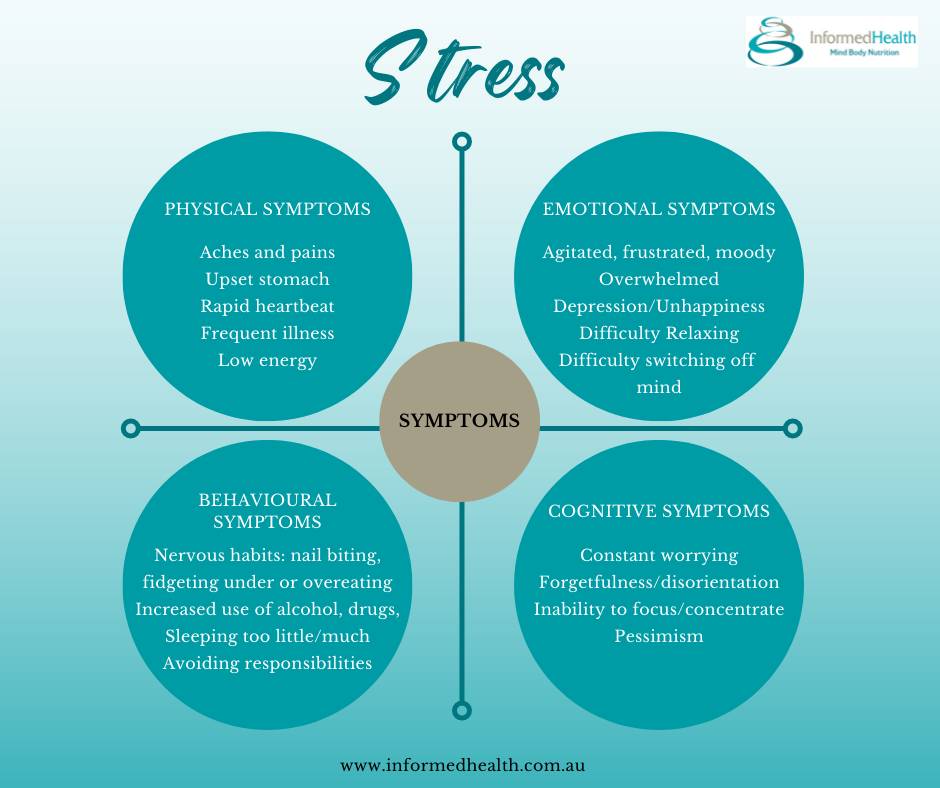Safe Work Australia identifies remote or isolated work as a psychological hazard. Over the past year, there have been noticeable signs of “the great exhaustion” in the local job market. Long-term remote work can have a negative impact on mental health, as highlighted by the Black Dog Institute. Is this contributing to the prevailing exhaustion?
According to a study conducted by the American Psychiatric Association in May 2021, nearly two-thirds of people who spend at least some time working from home say they’ve felt isolated or lonely from time to time. For 17%, that is a constant feeling.
It is crucial that we delve deeper into understanding the correlation with our fatigued workforce. In recent years, workplace wellness has gained prominence, with immeasurable positive effects for employers who have embraced it. However, employers who neglect this aspect face consequences such as burnout, workers’ compensation claims, toxic work cultures, poor performance, disengagement, and staff turnover.
I had the privilege of interviewing Fiona Kane, a professional speaker on health and workplace wellbeing from Informed Health, to gain further insights on this topic.

Interview with Nicole and Fiona: Discussing Work from Home and Workplace Wellness
Nicole: Hello everyone, today we have Fiona Kane from Informed Health, a professional speaker on health and workplace wellbeing. We’ll be discussing the impact of working from home on mental health and the importance of workplace wellness. Welcome, Fiona!
Fiona: Thank you, Nicole. I’m glad to be here and discuss this important topic with you.
Nicole: Let’s start by addressing the concerns about remote work and its effect on mental health. Safe Work Australia identifies “remote or isolated work” as a psychological hazard. Do you think working from home is contributing to what some are calling “the great exhaustion”?
Fiona: Absolutely, Nicole. Over the last 12 months, we have witnessed signs of “the great exhaustion” in our local job market. Working from home, while it may have started as a novelty, can have a negative impact on our mental health over prolonged periods. Studies show that nearly two-thirds of people who work from home have felt isolated or lonely, and for some, it’s a constant feeling. This isolation and loneliness can certainly play a part in the overall exhaustion we’re observing.
Nicole: Workplace wellness has gained significant attention in recent years. Can you explain what workplace wellness looks like and the benefits it brings?
Fiona: Workplace wellness is all about creating a positive environment. It’s a place where employees can have a real lunch break, away from their computers, and where toxic cultures are non-existent. A workplace that values the health of its people sees happier and more productive employees. When individuals feel their health is valued, they feel empowered and are more likely to contribute positively. Ultimately, a culture of energetic, healthy, and happy staff creates positive outcomes for everyone involved.
Nicole: As a corporate workplace wellness coach, how do you perceive the state of mental health within the current job market?
Fiona: Mental health is a significant problem in the current job market. Stress is one of the primary concerns raised by individuals, as many feel overstretched and overwhelmed. The past couple of years have been challenging for everyone, and people have developed unhealthy habits like overeating or excessive alcohol consumption. While working from home provided flexibility, it blurred the lines between personal and work life, leaving many confused about boundaries. Additionally, the lack of human contact has further contributed to the sense of isolation. Re-establishing belonging and connection strategies is crucial to re-engage employees and address mental health issues.
Nicole: What advice would you offer employers to support healthy workplaces?
Fiona: Establishing healthy boundaries is essential. Employers should encourage open communication and create an environment where employees feel comfortable asking for help when needed. It’s important to support movement and encourage employees to take breaks. Activities like going for walks with the team or engaging in healthy socializing can contribute to overall well-being. Employers should also avoid practices that keep employees tied to their desks, like providing lunch in the office without allowing them to take a real break. Promoting a healthy balance in all aspects of work is key.
Nicole: With the current low unemployment rate, employees often find themselves burdened with extra work due to lengthy recruitment cycles. What advice do you have for employees who are experiencing burnout?
Fiona: First and foremost, employees need to be present within themselves and recognize their feelings. If they are stressed and find themselves taking it out on their loved ones, it’s important to address the underlying issues. Identifying personal needs, such as taking time out, eating properly, or seeking emotional support, can help alleviate burnout. It’s crucial to acknowledge problems and find possible solutions individually before expecting employers to address them.
Nicole: For employers, what signs should they look out for to identify staff burnout?
Fiona: Any change in behavior can be an indicator of burnout. If an employee becomes unusually quiet or exhibits irritability, it could be a sign. Paying attention to an individual’s general vitality or performance can also offer insights. It’s important to take the time to genuinely ask employees how they are doing and listen to their response. By creating a safe space where employees feel cared for, employers can address burnout effectively.
Nicole: Hybrid work offers various benefits, but it has also blurred the line between work and personal life, impacting work-life balance. What healthy habits do you recommend to assist with this?
Fiona: When working from home, it’s crucial to establish clear boundaries. Turning off the laptop, not accepting work-related calls after hours, and discussing expectations with family members are important steps. Employees should take real breaks and avoid using that time for housework. Putting excessive pressure and expectations on oneself can lead to exhaustion. Remember, we wouldn’t necessarily have the time or expectations to do housework if we were in the office, so it’s important to set realistic boundaries and prioritize self-care.
Nicole: Thank you, Fiona, for sharing your valuable insights on this important topic of workplace wellness and the impact of remote work on mental health.
Fiona: You’re welcome, Nicole. It was my pleasure to discuss these crucial aspects of employee well-being with you today. Thank you for having me.



